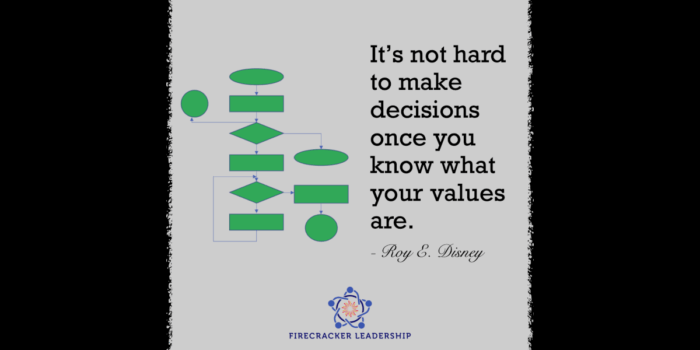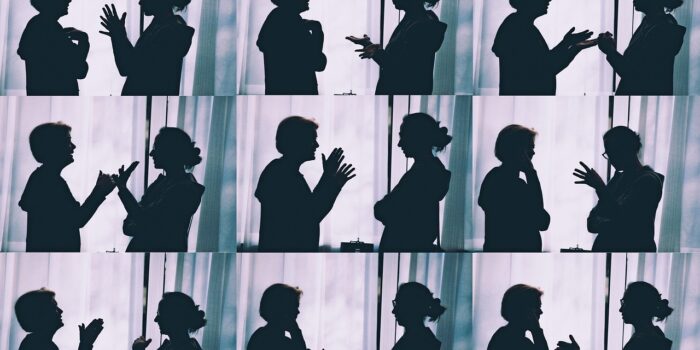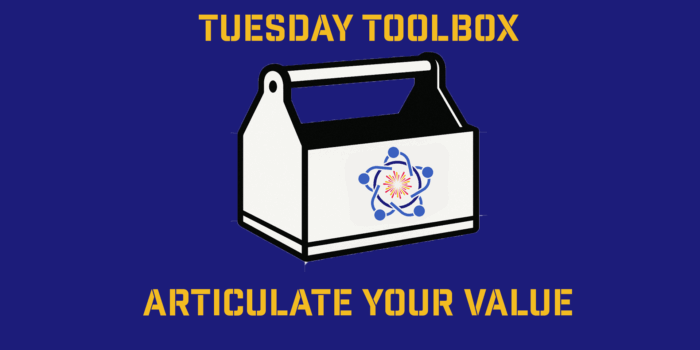Julie Lythcott-Haims has great advice for this Monday: Talk to strangers. See why it could be good for all of us.
In childhood, we’re told: “Don’t talk to strangers.”
But this is short-sighted advice because after we finish high school and move out into the world, everyone we encounter is a stranger. And we’re a social species, which means we need each other.
So instead of avoiding strangers, we need to get good at interacting with them, both to get help when we need it and to be of use to them.
When you give someone eye contact and a smile, it demonstrates “You exist, fellow human,” and it makes them feel good.
Let’s start with actual strangers — like the people you pass on the street or in a store. You may not think you’re in a relationship with them, but you essentially are.
Research shows that when you look right through someone as if they aren’t there, they feel a small sting.
The reverse is also true. When you give someone eye contact and a smile, it demonstrates “You exist, fellow human, I see you,” and it makes them feel good. And you feel good too when they do it back to you.
I appreciate that not everyone can make eye contact or smile for reasons including cultural norms, social anxiety or neurodivergence. But if you can, do.
What about the humans you interact with regularly yet don’t really know, like the baristas at your coffee shop, the clerks at your grocery store, the person at the front desk in your building, your postal carrier and so on?
Researchers call these folks “consequential strangers,” because having them in your life is of consequence to you.
Show them that they matter by saying “How’s your day going?” Learn their name so next time you can say, “Hey, Breonna, how’s your day going?” If you want to really make someone’s day, offer them some gratitude with the simple sentence: “Thank you for being here, George. I appreciate you.”
When you’re kind to someone, you, they and everyone who observes your interaction will get a lift from your act of kindness.
Part of you might think it’s a bit weird to thank them, but keep in mind that they came to work today and their work makes your life easier, right?
And if they’re grumpy, don’t be offended — it’s not about you.
Instead, double down on kindness. Say: “Hey, thanks so much, Michael, I hope you have a good day.” Or kindly say: “Looks like it’s a tough day, Sandra. Hope it gets better.” You, they and everyone who observes this interaction will get a lift from your act of kindness.
Then there are those in your loose network, like neighbors and colleagues. For years, although it’s hard for me to admit this, I’d drive into my driveway after work each day and realize that I didn’t even know my neighbors.
So I formed a monthly writing group with some of them in order to experience the real connections that form from hearing each others’ stories. After doing this, we’ve been more able to do what neighbors do, like borrow sugar or collect mail when someone’s away. What might you do on your street or in your building?
When you see a neighbor, try stopping to ask them how their day’s going.
You have the power to make your community stronger through exchanges like this.
Or if you’re going to the store, ask if you can pick something up for them. Or, you can throw a barbecue or potluck and put out name tags to remove any guilt that people feel for not remembering each others’ names.
Finally, at work, listen for the small things people reveal about their lives.
Whether it’s something good or bad, they’re sharing it for a reason, so I want you to remember it. Within the next couple of days, you don’t have to pry but show them you noticed. Say, “Did you say you’re an uncle now? Congratulations!”; “Sounds like that trip you took was amazing”; “I’m so sorry to hear your family member has been really sick.” If someone went out of their way to do something thoughtful, drop a quick note to say “I saw what you did and it was really kind of you.”
You have the power to make your community stronger through exchanges like this. It’s good for you, it’s good for them, and it’s good for all of us.



